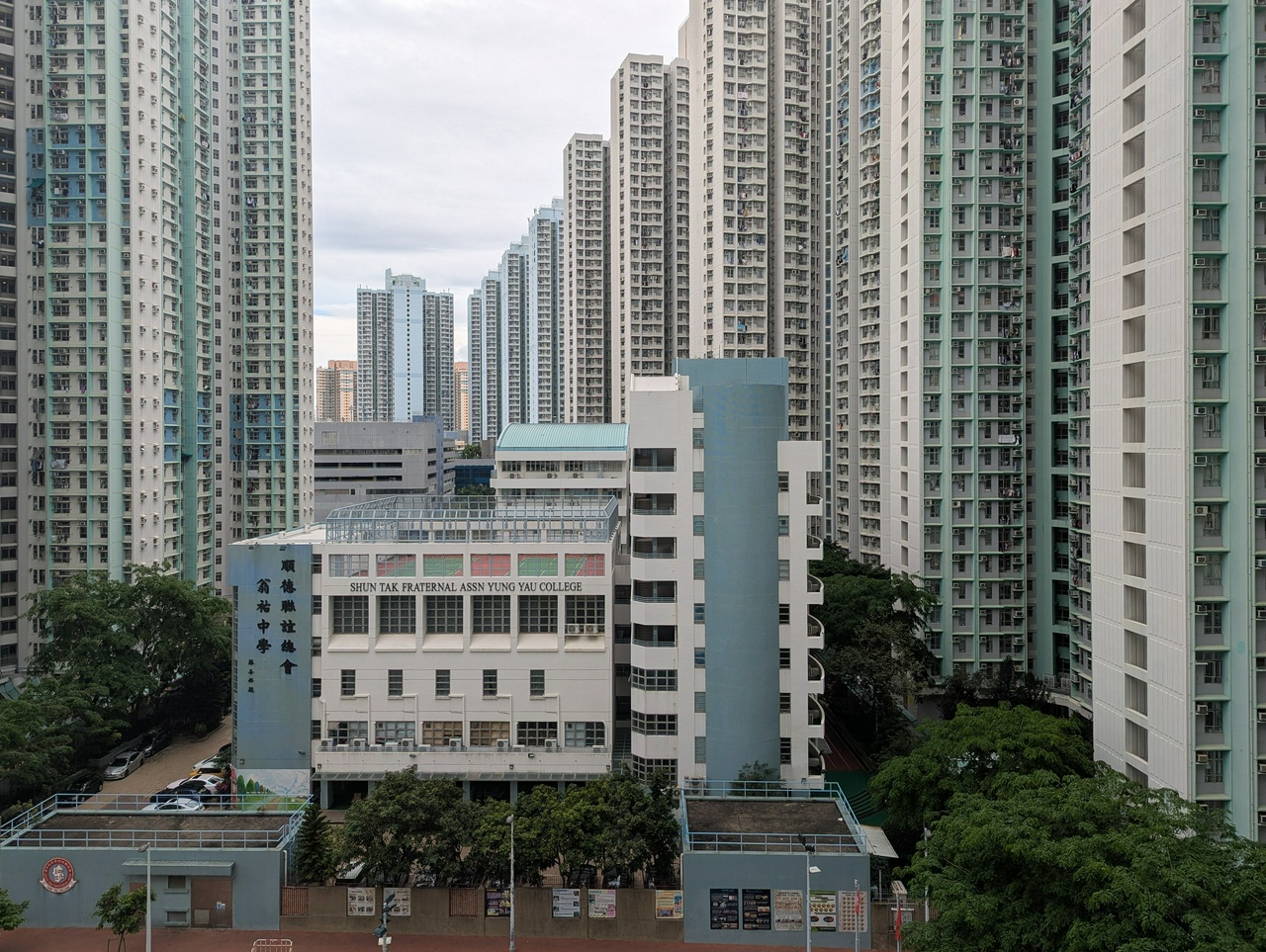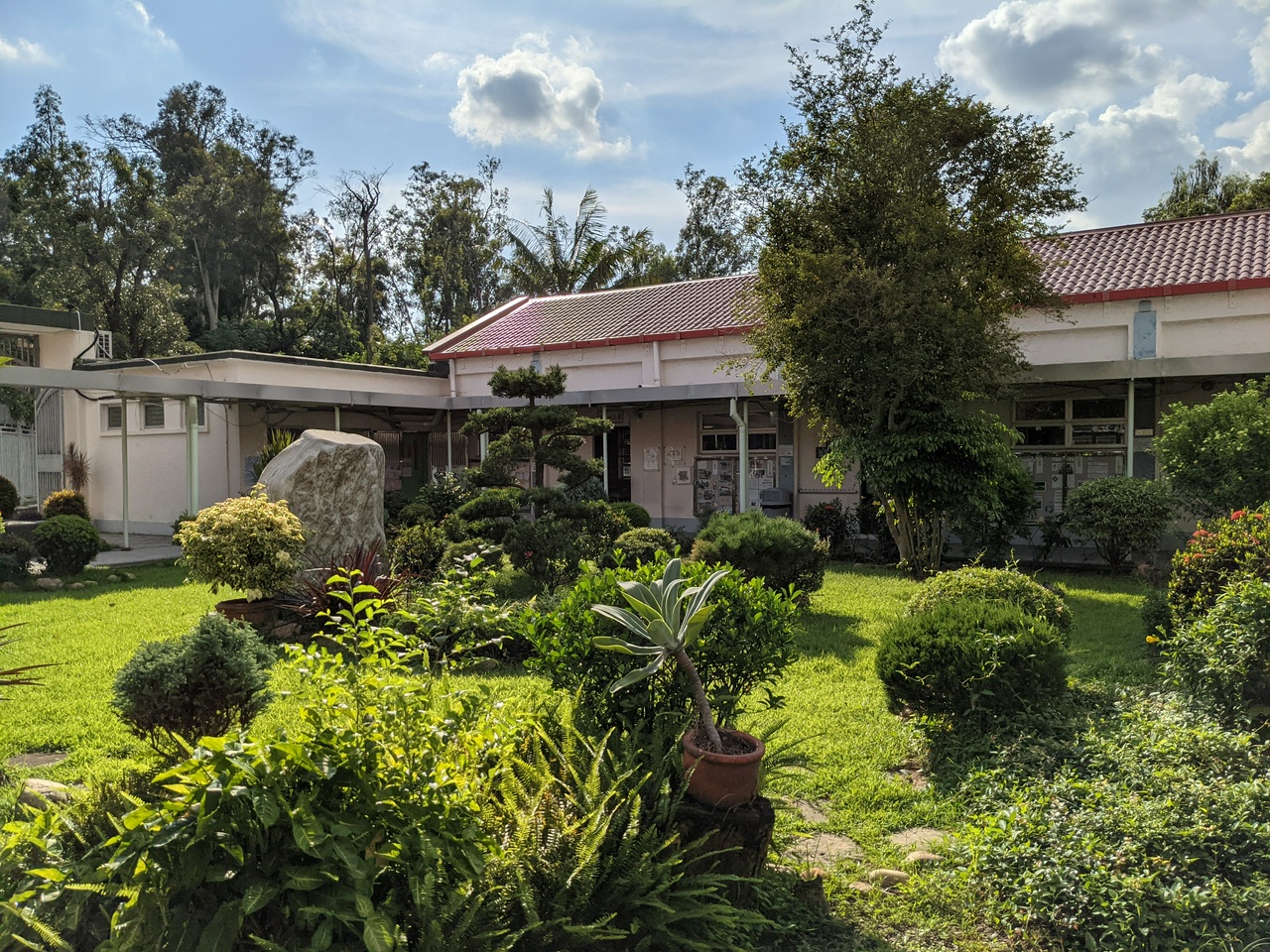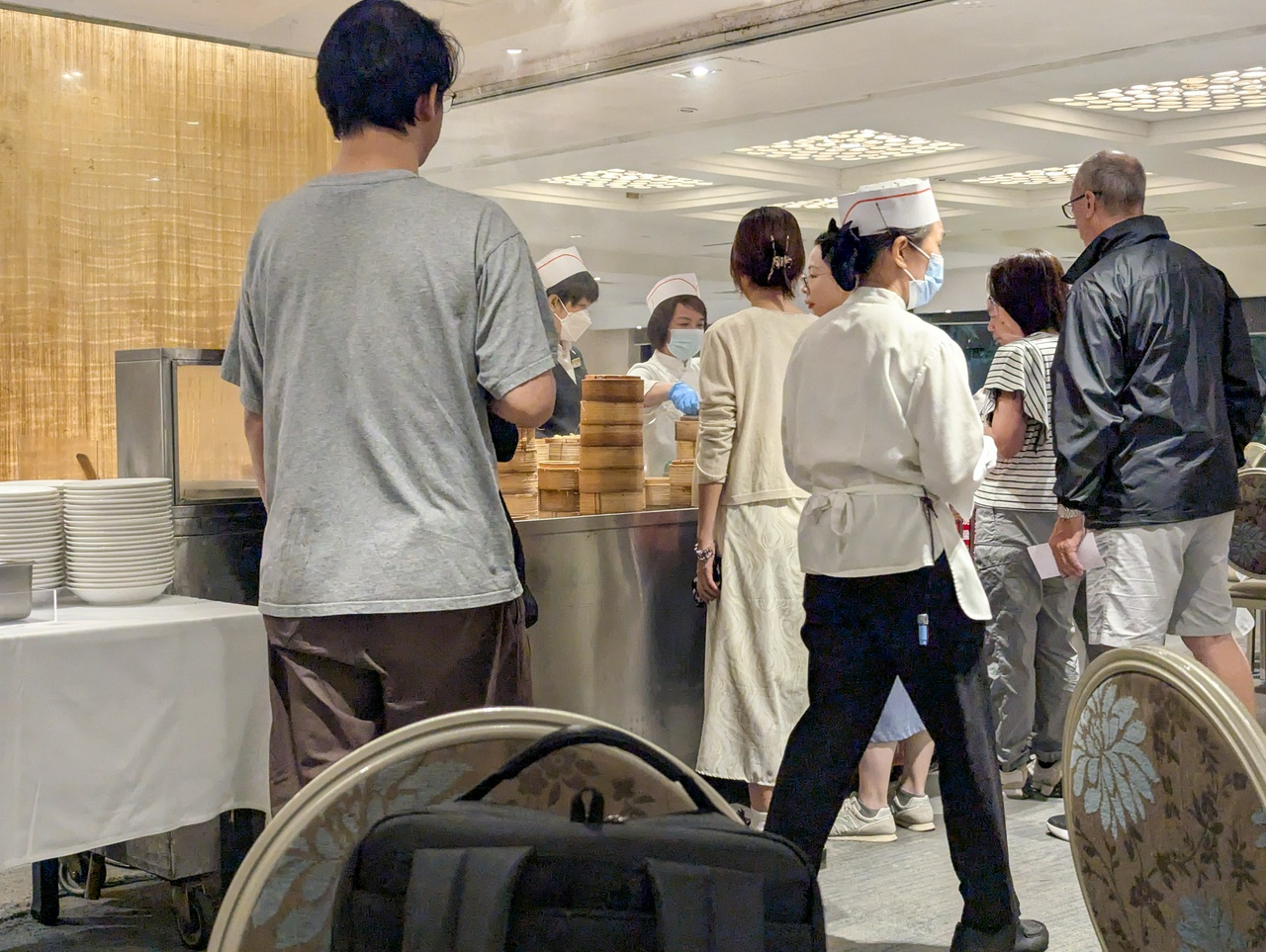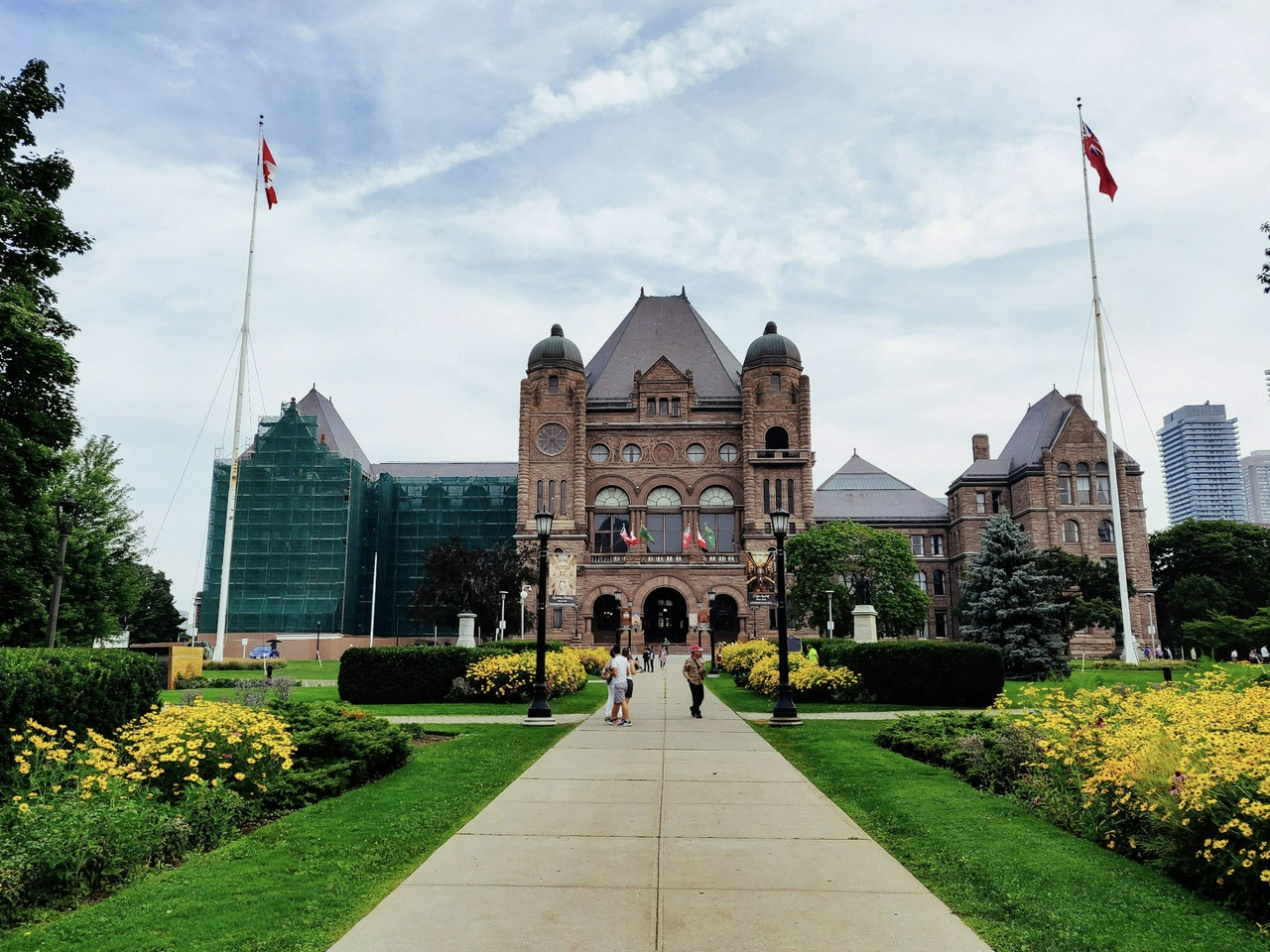Connecting With A Student
I needed to prepare for an extracurricular activity. My primary three students had to drop an egg from a high height without it breaking. The materials had to be cut up and prepared. I had time and wanted to be outside.
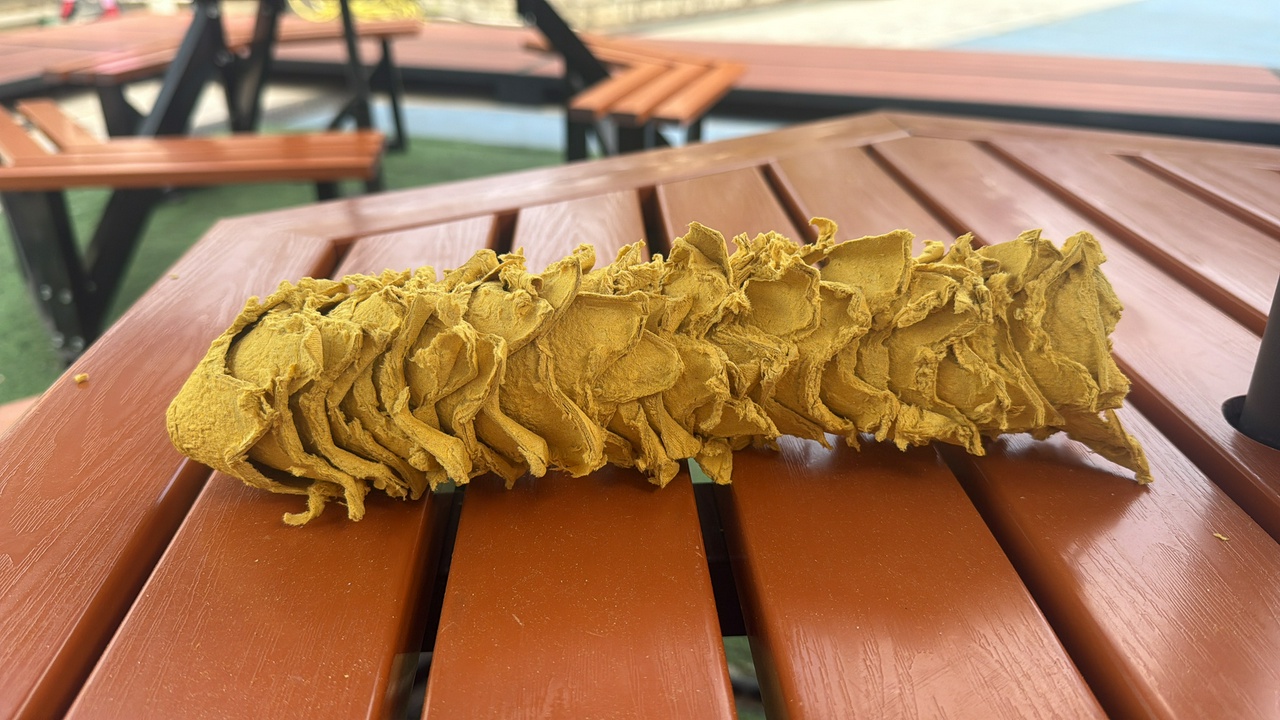
The student said he wanted to talk. They felt lonely. I said sure if he didn’t mind me cutting the egg cartons. They asked me if I had ever cheated before. I was honest and said yes in a French test in primary school. I didn’t want to stay after school. I didn’t think French was important, so I cheated. I could have lied and said no, but I wanted to show I was human – not perfect. He said he had never cheated and gave some praise. They asked if I have any fears. I said the usual – death and the future. Everyone fears death at some point, and well, it is something we need to deal with.
I stopped cutting up the egg cartons. We talked about going into secondary school and how the fear is genuine. I shared how I was afraid of starting new schools, new countries, new lives. It is hard, and it has made me a bit better. I have grown a lot. I shared all of these things and also said that starting something new is hard as a way of explaining how this is part of being human. They worried about making new friends, losing old ones, and the discomfort of being somewhere new. There were examples of the student being on the football team, of always being around friends. I had taught them in P1 but left for a while, and I showed how they have grown since I last knew them. They were surprised I remembered, but for me it is something I do – I can’t explain it.
They thanked me and went back to class before the bell rang. I teach English at this school. I figure out ways to make the lessons enjoyable, and sometimes it works; sometimes it doesn’t. I have questioned moving back to this smaller village school. It is these connections that I have missed, and the reason why I wanted to come back. My work here is more demanding and more rewarding. The connections I am building are still new. I find it critical in teaching them both the subject and the person. There are a lot of students I don’t know. I am working with almost everyone to build something if there is something to build. It can be frustrating and rewarding at the same time.
